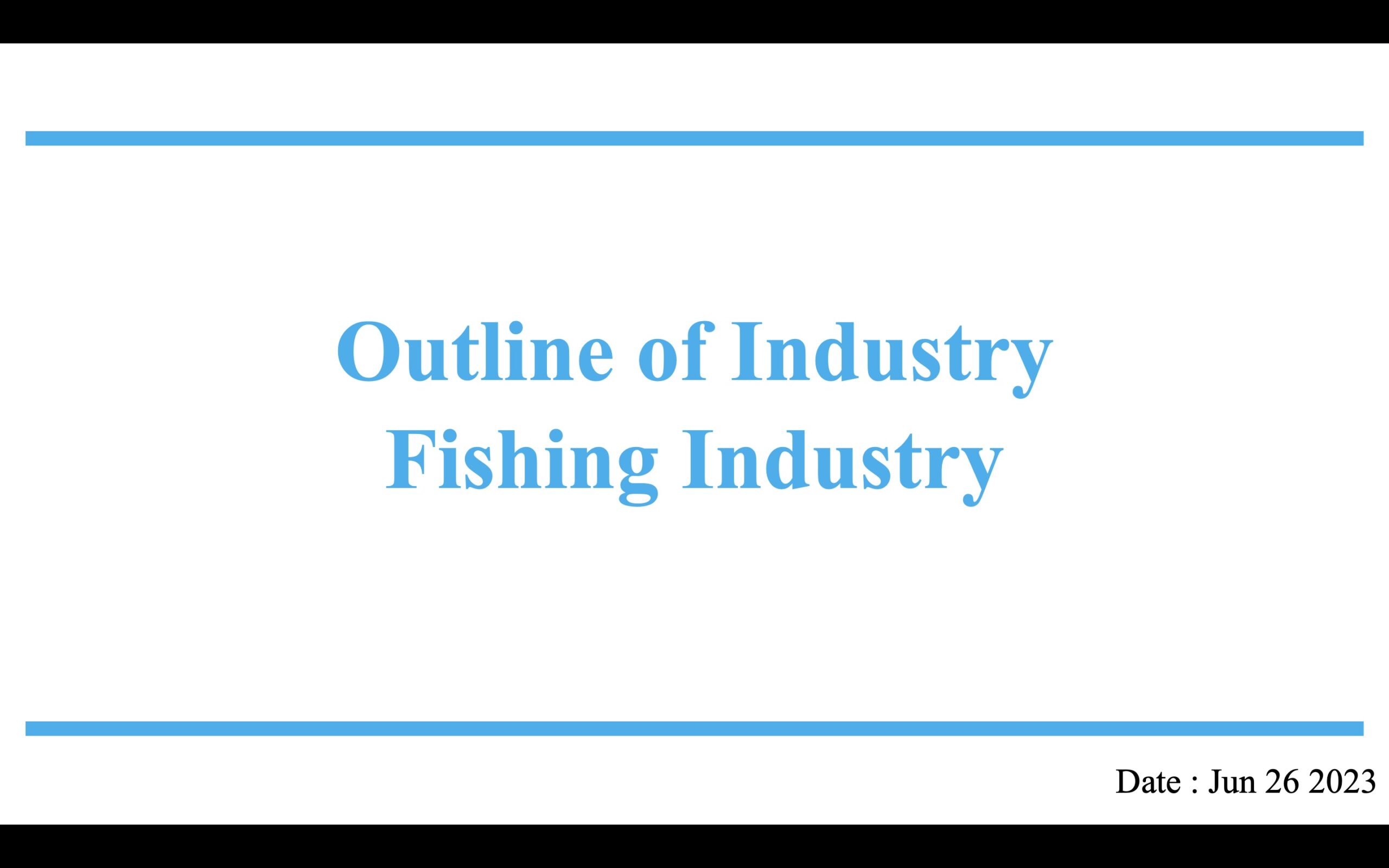The fishing industry is a global industry that plays a critical role in providing food and employment for millions of people around the world. Fishing encompasses a wide range of activities, from the harvesting of wild fish to the cultivation of farmed fish, and includes a variety of different species and methods of capture.
One of the key aspects of the fishing industry is the importance of sustainable and responsible fishing practices. Overfishing and the destruction of marine habitats have led to a decline in fish populations and negative impacts on the environment. In response, there has been a growing movement towards sustainable fishing practices, which aim to balance the needs of the industry with the protection of fish populations and marine ecosystems.
Sustainable fishing practices include measures such as fishing quotas, restrictions on the use of certain fishing gear, and the creation of marine protected areas. In addition, there has also been a growing trend towards aquaculture, or the cultivation of farmed fish, which can provide a more controlled and sustainable source of seafood while also reducing pressure on wild fish populations.
The fishing industry also plays a crucial role in the economies of many coastal communities and countries, particularly in developing countries. Fishing provides a significant source of employment and income, and can help to support local economies and reduce poverty. In addition, the industry also provides a variety of products for both domestic and international markets, including fresh and frozen fish, processed seafood, and other value-added products.
However, the fishing industry also faces a number of challenges, including declining fish populations, the impact of climate change on marine ecosystems, and the need for more sustainable and responsible fishing practices. In addition, the industry is also affected by global economic conditions, including changes in demand for seafood products, fluctuations in commodity prices, and changes in trade policies.
To address these challenges, there is a growing need for more effective and sustainable fishing practices, as well as stronger government regulations and international agreements to protect marine ecosystems and promote responsible fishing practices. In addition, the fishing industry must also embrace new technologies and innovative approaches to improve efficiency and sustainability, such as the use of more selective fishing gear and the development of new and more sustainable aquaculture practices.
In conclusion, the fishing industry plays a critical role in providing food and employment for millions of people around the world. However, the industry also faces a number of challenges, including declining fish populations, the impact of climate change on marine ecosystems, and the need for more sustainable and responsible fishing practices. By embracing sustainable and responsible fishing practices and embracing new technologies and innovative approaches, the fishing industry can continue to play a vital role in feeding the world’s growing population and supporting the economies of coastal communities and countries.



Comment